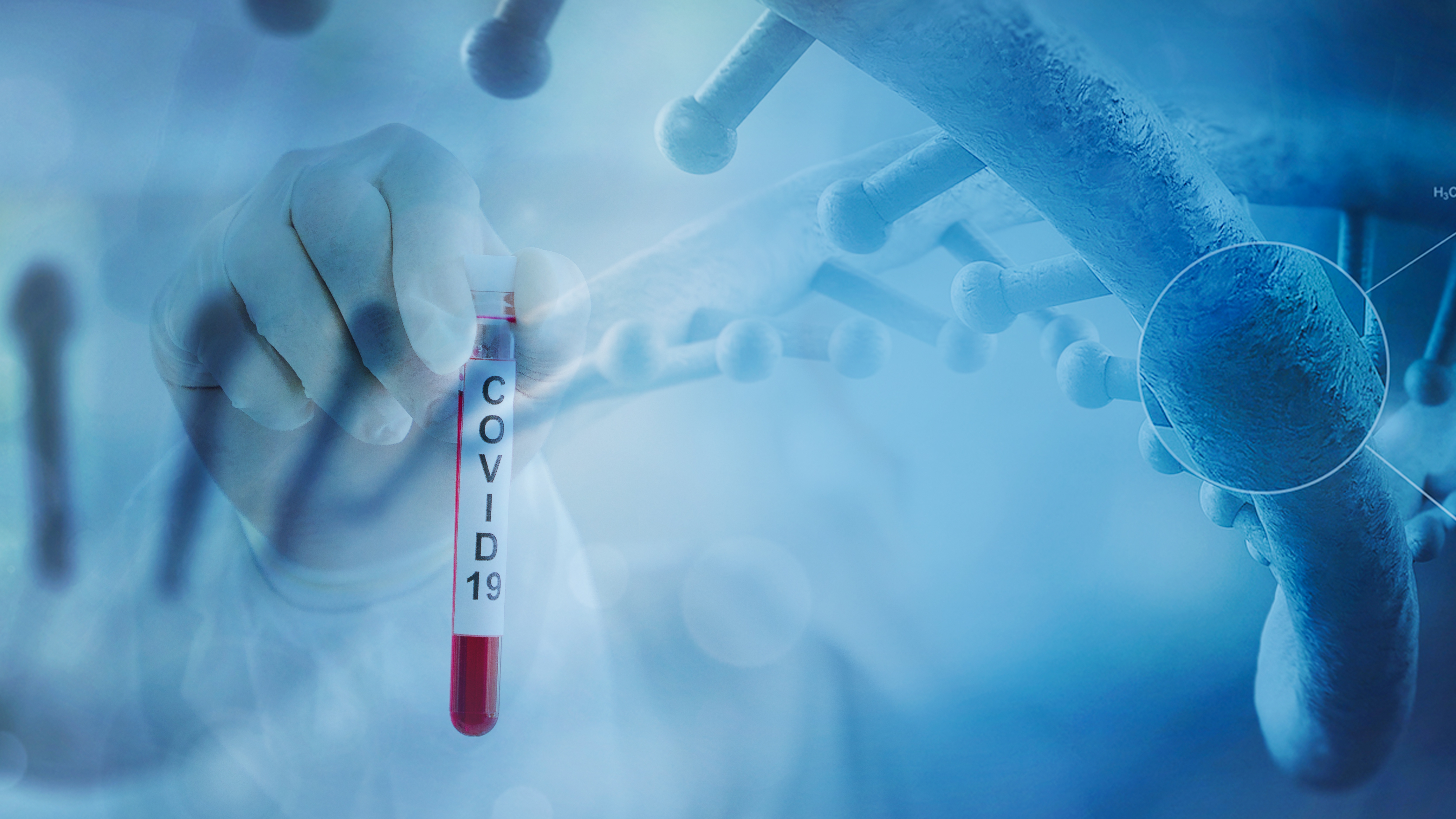Τηλεφωνική γραμμή για τη συμβουλευτική υποστήριξη των καπνιστών μέσω της φωνητικής πύλης του ΕΟΔΥ 1135
Η τηλεφωνική γραμμή για παροχή συμβουλευτικής υποστήριξης στους καπνιστές που θέλουν να διακόψουν το κάπνισμα λειτουργεί από τις 2 Ιουνίου 2025 μέσω της φωνητικής πύλης 1135.
Η δράση αυτή είναι ιδιαιτέρως σημαντική λόγω της σημασίας που έχει για τη Δημόσια Υγεία ο έλεγχος και ο περιορισμός της κατανάλωσης όλων των προϊόντων καπνού και σύμφωνα με τα όσα επιτάσσει η Συνθήκη Πλαίσιο για τον Έλεγχο του Καπνίσματος του Παγκόσμιου Οργανισμού Υγείας, που αποτελεί την πρώτη διεθνή συνθήκη που έχει συναφθεί στον τομέα της υγείας αλλά και σύμφωνα με τα όσα προβλέπει το Εθνικό Σχέδιο Δράσης κατά του Καπνίσματος, σημαντική προτεραιότητα του οποίου αποτελεί η υποστήριξη των καπνιστών στη διακοπή καπνίσματος.
Η χρήση καπνικών προϊόντων αποτελεί ένα από τα μεγαλύτερα προβλήματα Δημόσιας Υγείας. Σχεδόν το 20% του ενήλικου παγκόσμιου πληθυσμού είναι καπνιστές συμβατικών τσιγάρων, ενώ υπολογίζεται ότι περίπου 8 εκατομμύρια άνθρωποι μεταξύ των οποίων 1,3 εκατομμύρια μη καπνιστές που εκτίθενται στο παθητικό κάπνισμα, χάνουν τη ζωή τους ετησίως από το κάπνισμα.
Η λειτουργία της τηλεφωνικής γραμμής για τη συμβουλευτική υποστήριξη των καπνιστών χαρακτηρίζεται εξαιρετικά σημαντική δεδομένου πως στην Ελλάδα, ενώ ο επιπολασμός του καπνίσματος συμβατικών τσιγάρων έχει μειωθεί σημαντικά τα τελευταία χρόνια, εξακολουθεί να παραμένει από τους υψηλότερους μεταξύ των χωρών του ΟΟΣΑ, ενώ παράλληλα η πρόθεση για τη διακοπή του καπνίσματος έχει αυξηθεί σημαντικά. Πιο συγκεκριμένα, σύμφωνα με τα ερευνητικά δεδομένα της μελέτης του ΕΟΔΥ (2024), το 38% των ενήλικων Ελλήνων κάνει χρήση καπνικών προϊόντων, και περισσότεροι από τους μισούς εξ αυτών προτίθεται να διακόψει οποιαδήποτε στιγμή στο μέλλον, ενώ μόνο 3 στους 10 περιστασιακούς ή καθημερινούς καπνιστές συμβατικών τσιγάρων έχουν κάνει απόπειρα διακοπής το τελευταίο 12μηνο.
Η διευκόλυνση, λοιπόν των καπνιστών όλου του κοινωνικό-οικονομικού φάσματος μέσω παροχών για τη διακοπή του καπνίσματος, αποτελεί πρόκληση για τη χώρα, προκειμένου τα ποσοστά της χρήσης καπνικών προϊόντων να μειωθούν περαιτέρω στο μέλλον.
Επισημαίνεται ότι η γραμμή 1135 για τη συμβουλευτική υποστήριξη των καπνιστών που επιθυμούν να διακόψουν το κάπνισμα λειτουργεί καθημερινά Δευτέρα-Παρασκευή 09:00-16:00 και θα στελεχώνεται από εκπαιδευμένους επαγγελματίες υγείας του ΕΟΔΥ.
05/09/2025
Slider














